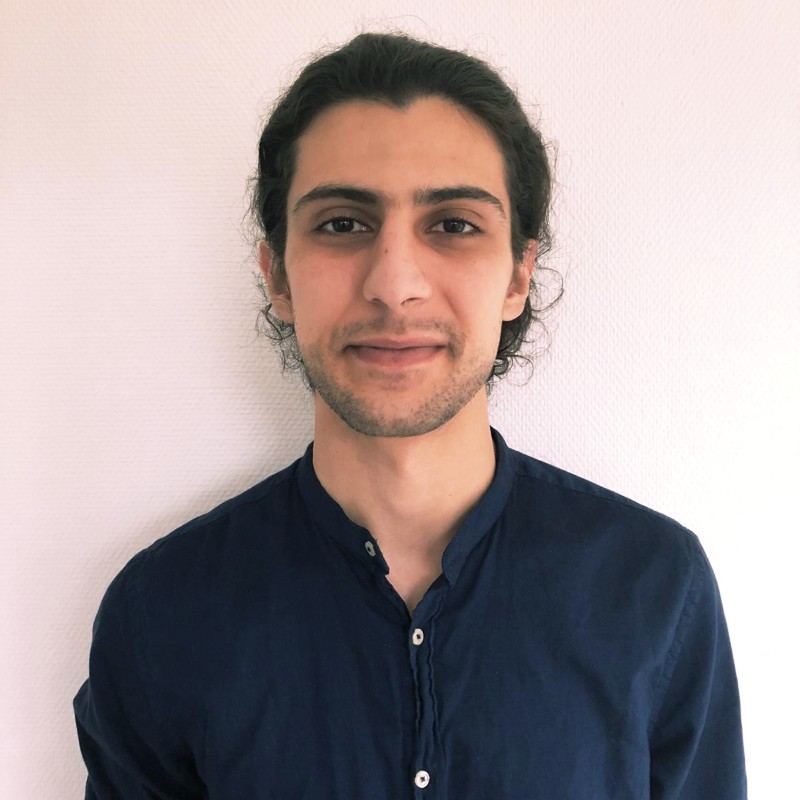

I am a PhD student in Computational Linguistics, with a Bachelor in Computer Science and a Master in Data Science with a minor in Computational Neuroscience from EPFL. The focus of my PhD project lies at the intersection between Natural Language Processing and Philosophy of Language: I aim to build a novel neuro-symbolic method to identify the logical relationship between claims, inspired by inferentialist philosophy of language, with the goal of applying it to obtain a data-grounded representation of real-world webs of belief.
Throughout my studies, I have acquired fundamental theoretical and applied knowledge in programming, data science, and computational modelling of biological neural networks through various courses and projects. Additionally, I have extensive web development skills, through two years of professional part-time experience as a full-stack developer for an e-commerce company.
Later on, I have worked for two and a half years as a neuromorphic computing research engineer with Intel's Neuromorphic Computing Lab, where I had the opportunity to scientifically experiment with non-trivial (spiking) models of neural networks and (STDP-based) learning algorithms, as well as to hone my software engineering and web-based data visualization skills. I was (and still am) particularly interested by computational models of surprise-based learning, and more generally, Bayesian theories of mind and brain.
The degree to which internet platforms have become embedded into our social and political lives has been fascinating me for a while, and as a domain expert (in Data and Computer Science), the moral imperative of ensuring that these technologies are robustly beneficial has been obsessing me ever since. This is what drove my decision to start an academic career in Digital Humanities/Social Computing realm.